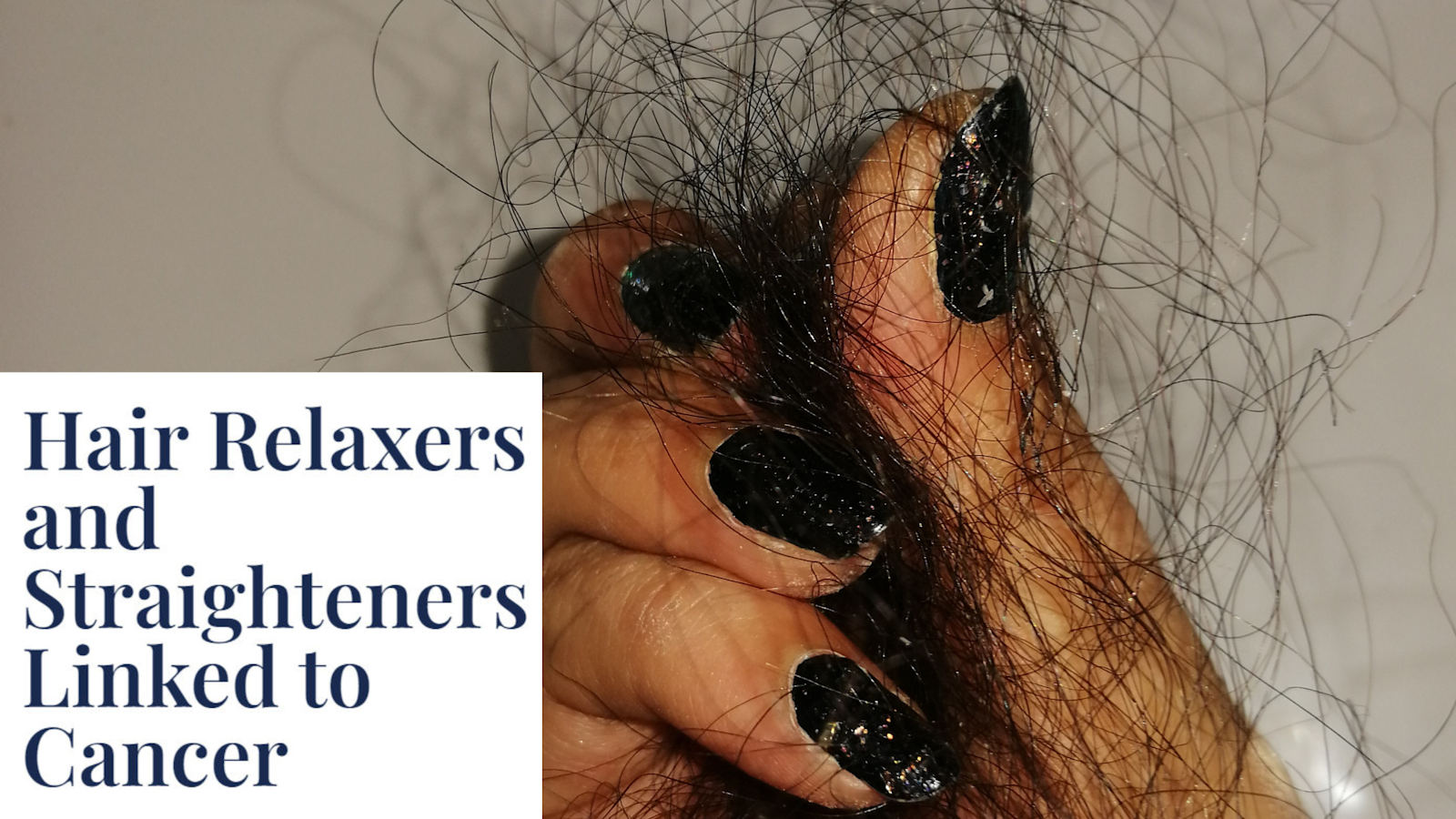Potential lawsuits against relaxer companies are making rounds after a study by NHS showed hair straightening chemicals are associated with uterine cancer. CNN reported such a case in October last year and here is a quote from the Morgan & Morgan Law firm’s website:
With the information gathered, they were able to observe an 80% increase in the risk of developing uterine cancer among those participants who used hair-straightening products. According to the study, the risk was more than double for women, more specifically African American women who had used the hair products more than four times in the previous year as compared to those women who had not been using these hair-altering products.
The possible link between cancer and relaxers is not new though. There have been studies published about this in the 90's and just 3 years ago Dr. OZ showed on national tv that a larger amount of harmful ingredients was used in products catered to Black women.
In another case against the Amla relaxer, women claimed injuries ranging from mild skin irritations to severe burns and hair loss. Some users who had never witnessed any hair loss before using the product, have even reported losing their hair in clumps. Unfortunately, this is nothing new either.
Of course, not everyone using relaxers will get cancer or experience hair loss and thank God I don’t have cancer but I happened to be one of the women who’ve almost always had burns when I was getting my hair relaxed. At one point, I too was losing hair in clumps, so much so that I stopped relaxing my 4A/4B natural hair.
Since then, I also learned that it wasn’t just me but a whopping 73% of Black women are suffering from what Dr. Jeffery J. Miller from the Hershey Institute in Pennsylvania calls, relaxer induced alopecia. Hair loss related to chemical relaxers.
In his book award-winning Hair Care Educator Shamboosie writes “The average Black woman will find that almost every female she knows, young and old, is dealing with the devastating problem of dry hair and breakage.” That is how bad hair loss in the Black community is and yet no one really addressed this. It was my motivation to publish Going Natural, How to Fall in Love with Nappy Hair and start Going-Natural.com, today it is the longest running natural hair website.
Worst case
The worst case of hair loss I’ve ever heard was sent to me after an article was published in the Netherlands about Isabella who lost all her hair after using a relaxer.
So, I got in touch with her for an update. Let me warn you, her case has just gotten worse. She sent photos of her scalp, please be warned that the photos are seriously graphic.
Slide show of Isabella's scalp
Isabella’s Story
Isabella was in Chicago for a modeling gig. Just before going to a party she decided to get her hair relaxed at a local salon. The relaxer almost immediately started to burn but when Isabella told the hair dresser that it was burning, she said hold one for just a minute more before she rinsed it out.
Isabella could feel it burning the rest of her time in Chicago but only went to the doctor when she was back in the Netherlands. That is when she found out that she suffered from a chemical burn. The worst was yet to come. She started losing her hair without a chance of it ever growing back. Eventually, Isabella lost all her hair and had to buy expensive hair pieces because her scalp remained damaged.
Update
Isabella recently had 6 operations to remove stones from her scalp. Due to the chemical burns caused by the relaxer that was used on her head, her capillaries are clogged and blocked from circulating blood to her scalp. This causes an accumulation of sebum which turns into stones.
The stones only get bigger over time so they break through the skin which causes tremendous pain.
She already had 6 operations and is looking for a doctor who can help. So please share this story or let us know if you know of a doctor who can help.
If you have been using chemical straighteners for years and you have cancer or experienced hair loss, get in touch with the law firm Morgan & Morgan. You may be eligible for compensation.






